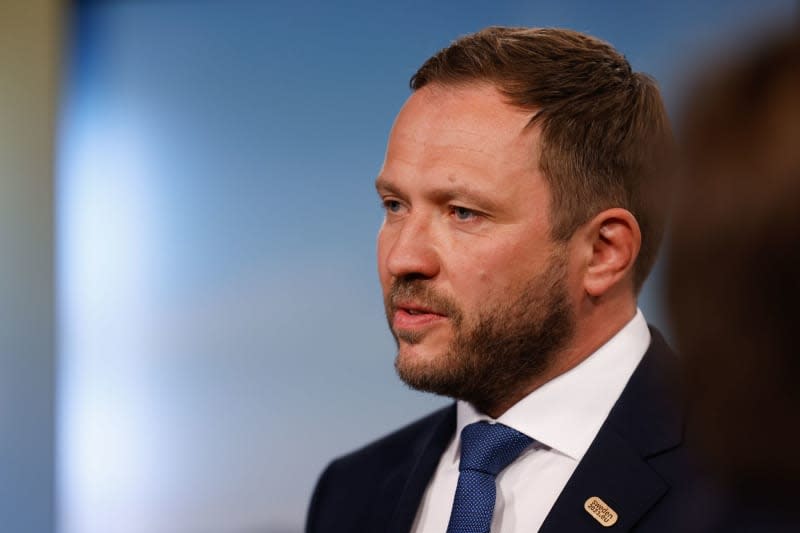Estonian minister blames Russia for GPS interference over Baltic

- Oops!Something went wrong.Please try again later.
Estonia's Foreign Minister Margus Tsahkna laid the blame for the jamming of GPS signals over the Baltic squarely with Russia on Thursday, following weeks of interference that has disrupted air travel in the region.
Estonia has been seeing an increase in targeted disruptions to GPS satellite navigation recently.
The authorities of the Baltic Sea state say the GPS signal interference is being transmitted from Russian's territory, and the problem has worsened since Russia's invasion of Ukraine in February 2022.
"We know that Russia has been jamming the GPS signal since the beginning of its attack on Ukraine. Over the last year and a half, this problem has become very serious in our region," Tshanka told Estonian television, according to a radio report on Thursday.
He said Latvia, Lithuania, Finland, Norway, Sweden and Poland were also struggling due to the interference, alongside Estonia.
"If we look at Russia's activities, this attack on GPS is part of a hybrid action that disrupts our lives and breaks all kinds of international agreements," Tsahkna said.
According to a convention to which Russia is a party, no one should interfere with GPS, he said. However, there is plenty of evidence that the interference is coming from near St Petersburg, Pskov and Kaliningrad, he said, without providing any further details.
Two Finnair aircraft had to be diverted after GPS interference prevented them from landing in Estonia's second largest city, Tartu, late last week.
Finnair said at the time that its pilots had also reported an increase in GPS problems since 2022 - particularly near Kaliningrad, the Black Sea, the Caspian Sea and the eastern Mediterranean.
The problems do not normally affect the flight route or flight safety, as pilots are aware of the problems and aircraft have alternative navigation systems. But a GPS signal is currently required for the approach to Tartu, so flights were suspended as a precautionary measure, the airline's statement continued.
After the incidents, the Estonian Consumer Protection and Technical Regulation Authority (TTJA) investigated the GPS problem and said this was not a deliberate attack on Estonia.
The interference is a "side effect" likely due to Russia defending its critical infrastructure from attacks and trying to deter drones, it said.
Tshakna disagreed, saying if external influence endangers people's lives and impairs aviation, this is not a spillover effect.
There is also no logical need to interfere with GPS signals in Norway, Sweden or Finland, Tshakna said. He added that no drone attacks are coming from these countries or from Estonia and argued that it is clear Russia is instead testing what it could do towards the West.

